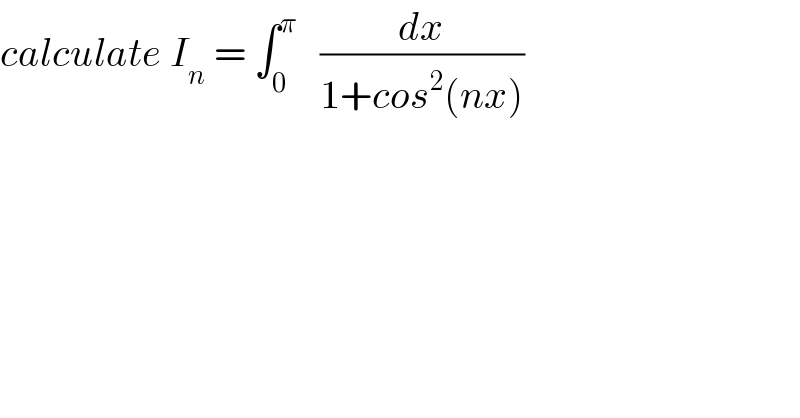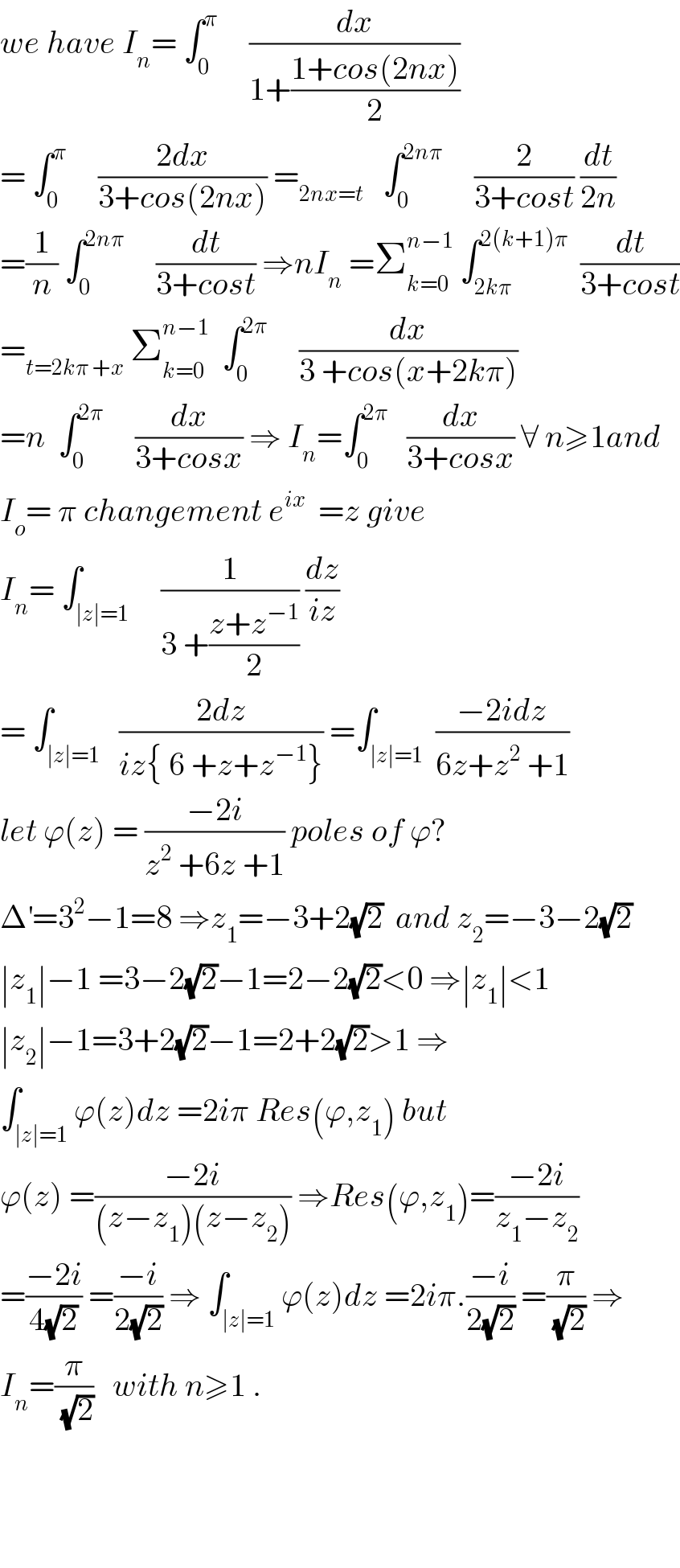
Question and Answers Forum
Question Number 36936 by maxmathsup by imad last updated on 07/Jun/18

Commented by math khazana by abdo last updated on 02/Aug/18

Commented by math khazana by abdo last updated on 02/Aug/18

| ||
Question and Answers Forum | ||
Question Number 36936 by maxmathsup by imad last updated on 07/Jun/18 | ||
 | ||
Commented by math khazana by abdo last updated on 02/Aug/18 | ||
 | ||
Commented by math khazana by abdo last updated on 02/Aug/18 | ||
 | ||